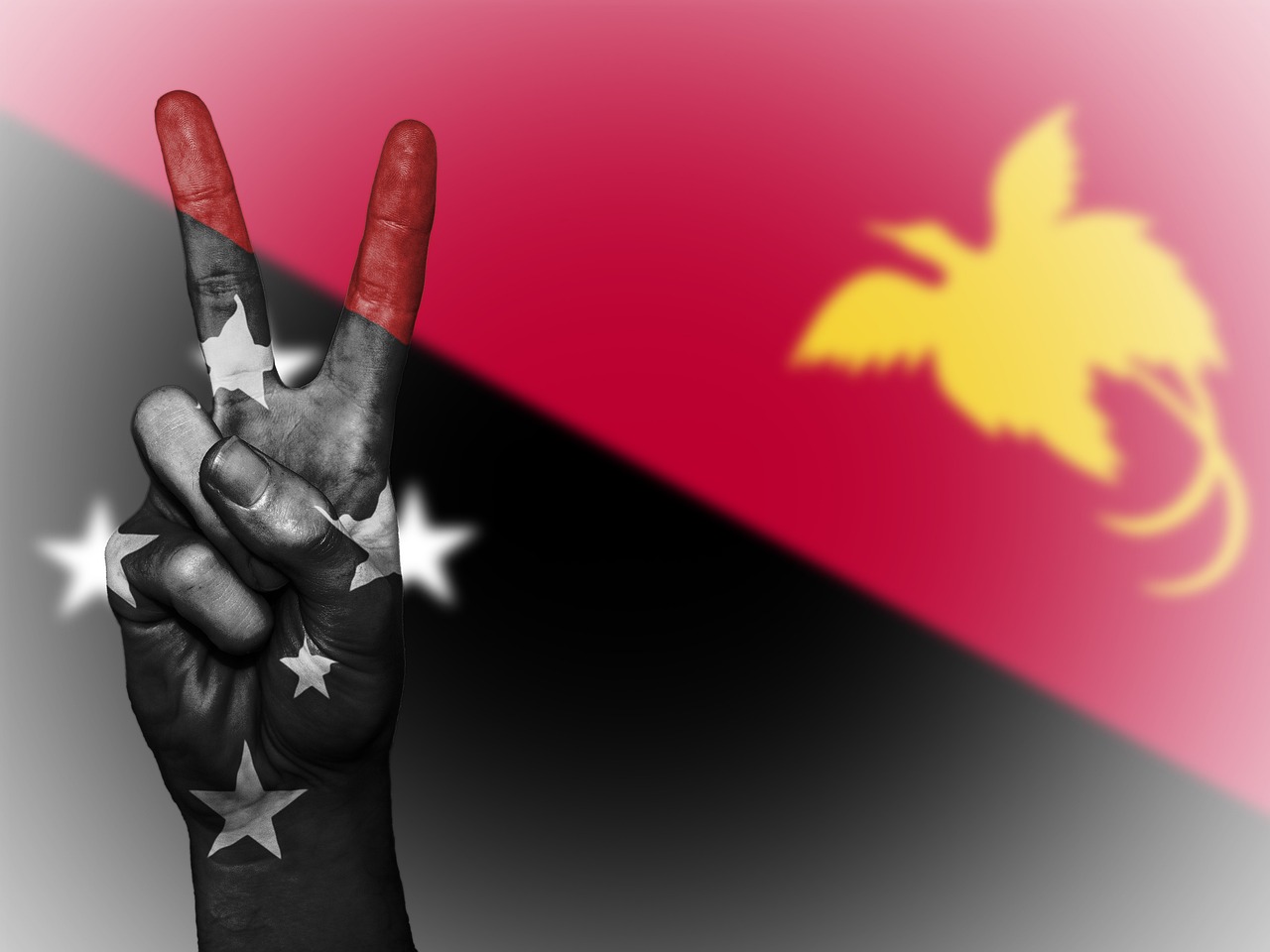Mental Health in Papua New Guinea
 Nestled in Oceania and comprising numerous smaller islands, Papua New Guinea (PNG) boasts a landscape as diverse as it is captivating. A tapestry woven with mountains, rainforests and coasts offers a backdrop for a profound cultural mosaic — one adorned with over 800 languages and the legacy of indigenous heritage. Yet, within this beauty lies the challenge of limited access to health care, education and foundational infrastructure. Furthermore, there is a broad range of diverse mental health concerns in Papua New Guinea.
Nestled in Oceania and comprising numerous smaller islands, Papua New Guinea (PNG) boasts a landscape as diverse as it is captivating. A tapestry woven with mountains, rainforests and coasts offers a backdrop for a profound cultural mosaic — one adorned with over 800 languages and the legacy of indigenous heritage. Yet, within this beauty lies the challenge of limited access to health care, education and foundational infrastructure. Furthermore, there is a broad range of diverse mental health concerns in Papua New Guinea.
5 Facts About Mental Health in Papua New Guinea
- Limited Access to Services – Research shows that PNG has about 748,000 cases of mental illness, ranging from anxiety disorders to eating disorders. Yet, despite national efforts, the development of small psychiatry units within provincial hospitals is almost nonexistent. While there might be an upturn in the number of trained mental health nurses, the bulk of program graduates veers toward broader medical fields, forsaking mental health facilities and psychiatric institutions to wrestle with staff shortages. Broadly speaking, PNG’s health services struggle with a lack of resources and support, casting a shadow over the country’s health care landscape. In this intricate equation, mental health, despite its vital significance, is marginalized, drawing even less focus than other crucial health care components.
- Stigma and Cultural Beliefs – Stigma casts its shadow across many nations, yet in PNG, it creates a paralyzing fear that deters those dealing with mental health issues from seeking help. The apprehension stems from the haunting thought of losing not just the support of loved ones but also the respect of peers. In a society where some diminish the gravity of mental health concerns, those grappling with such challenges are unfairly deemed weak, leading to a forfeiture of the respect they rightfully deserve.
- Post-Traumatic Stress Disorder (PTSD) – PNG has weathered prolonged spells of social discord, particularly evident in regions like Bougainville and the Highlands. Triggered by specific traumatic social events, post-traumatic stress disorder has emerged as a pressing mental health concern within PNG’s landscape, warranting focused attention.
- Lack of Government Efforts – The imperative to improve mental health lies in a nation’s government actively engaging in public education and furnishing resources for mental health services. Regrettably, in PNG, the availability of such services, alongside other essential support systems, remains limited. Consequently, individuals often find themselves compelled to seek solace in traditional healers, given the absence of viable alternatives. The pandemic has exacerbated this already critical scenario, effectively severing the connection between people and their trusted local traditional healers due to restrictions on physical interactions. Recently in PNG’s new National Health Plan 2021-30, there is no mention of mental health.
- Headstret – Fortunately, PNG receives support from a non-governmental organization (NGO) known as Headstret. This organization is dedicated to eradicating the stigma surrounding mental health disorders within societies, like that of PNG. It strives to raise awareness about mental health challenges through promoting well-being education. Its Facebook page, established in 2019, Headstret has 3,700 supporters globally.
Conclusion
Papua New Guinea’s multifaceted geographical landscape, coupled with its linguistically intricate composition, gives rise to numerous challenges. The stigma around mental health issues is a significant deterrent for patients seeking assistance, underscoring the crucial roles that services and education play.
The prevailing reality reveals a dearth of adequate measures being taken in this regard. Given this circumstance, individuals hailing from various nations have a unique opportunity to make a positive impact by fostering awareness, enlightening others and offering resources to assist those who are grappling with such issues. One notable example is the organization known as Headstret, which is diligently working to alleviate numerous mental health challenges in Papua New Guinea.
– Sandy Kang
Photo: Pixabay
